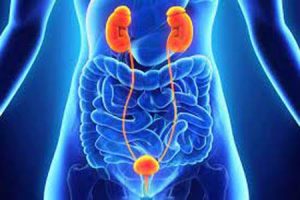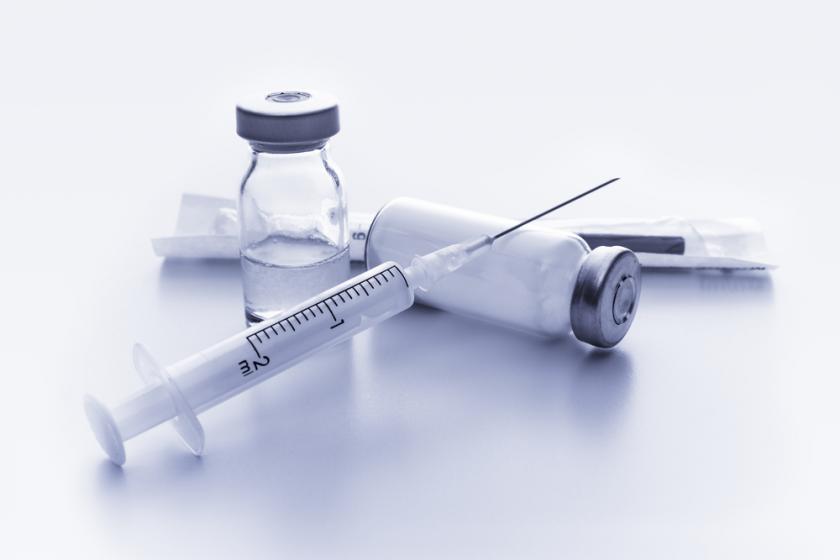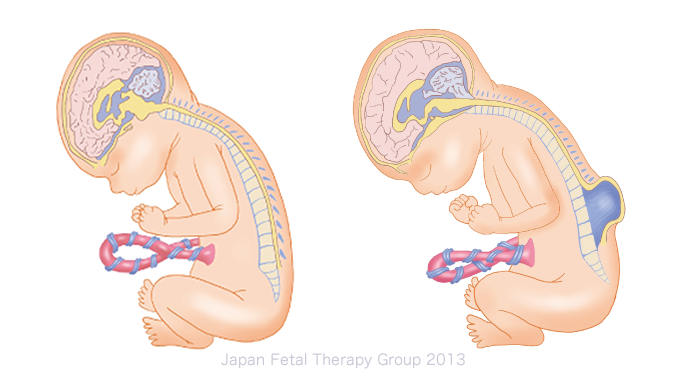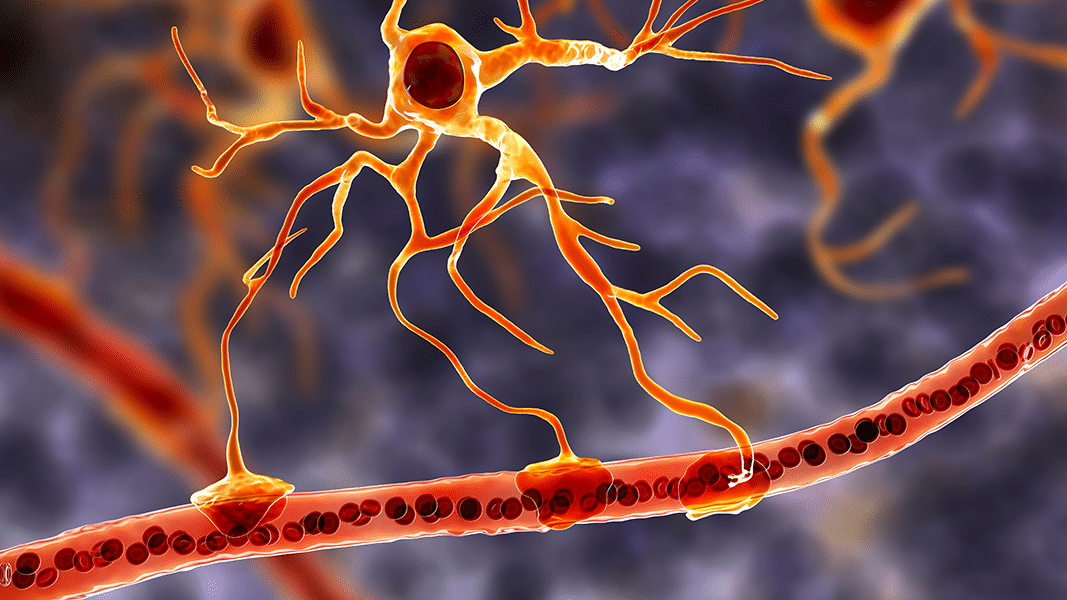Fecal Incontinence
- admin
- Uncategorized
Fecal Incontinence Treatment: A New Step Toward Regaining Control and Confidence

Abstract:
Fecal incontinence is a distressing condition that significantly affects patients’ quality of life, often caused by nerve damage, muscular dysfunction, or pelvic surgeries. With the introduction of a new generation of regenerative drugs, the treatment of this disorder has entered a new phase. These medications promote the regeneration of neural pathways and enhance the function of sphincter muscles, offering renewed hope for restoring natural bowel control.
Introduction:
Loss of bowel control is not only a physical issue but also an emotional and social challenge for many patients. Those affected often experience shame, isolation, and a decline in self-confidence. Traditional treatments such as physiotherapy, dietary adjustments, or surgery can be helpful but may have limitations. Regenerative drugs, as an innovative approach, act on both the nervous and muscular systems, delivering promising and effective outcomes.
Mechanisms of Action of Regenerative Drugs:
These medications improve the function of peripheral and central nerves, enhancing the performance of pelvic floor muscles and the anal sphincter. Their key mechanisms include:
Stimulating the regeneration of damaged neural tissues
Enhancing neural signal transmission between the spinal cord and bowel-controlling muscles
Strengthening both voluntary and involuntary anal sphincter muscles
Reducing chronic inflammation and micro-neurological damage
Improving flexibility and responsiveness of neural pathways involved in bowel regulation
Reported Patient Outcomes:
Improved Voluntary Control of Defecation:
Many patients have regained significant control over bowel function during regenerative treatment.Reduced Frequency and Severity of Incontinence:
In most cases, incontinence episodes—especially sudden or nocturnal events—have gradually decreased.Increased Anal Sphincter Muscle Tone and Strength:
Physiological assessments have shown enhanced contractile strength in the muscles surrounding the anus.Decreased Need for Surgery or Assistive Devices:
A significant number of patients have avoided invasive procedures and returned to their normal daily routines.Enhanced Quality of Life and Confidence:
Patients have reported notable improvements in mood, social engagement, and personal independence.
Conclusion:
Regenerative drugs go beyond supportive care; they are now recognized as a means of restoring the body’s natural functions. In the treatment of fecal incontinence, these drugs play a crucial role in improving quality of life, reducing symptoms, and rebuilding patients’ confidence.
Regaining control over one’s body is the first step toward restoring self-esteem—today, regenerative medicine makes that more achievable than ever.



